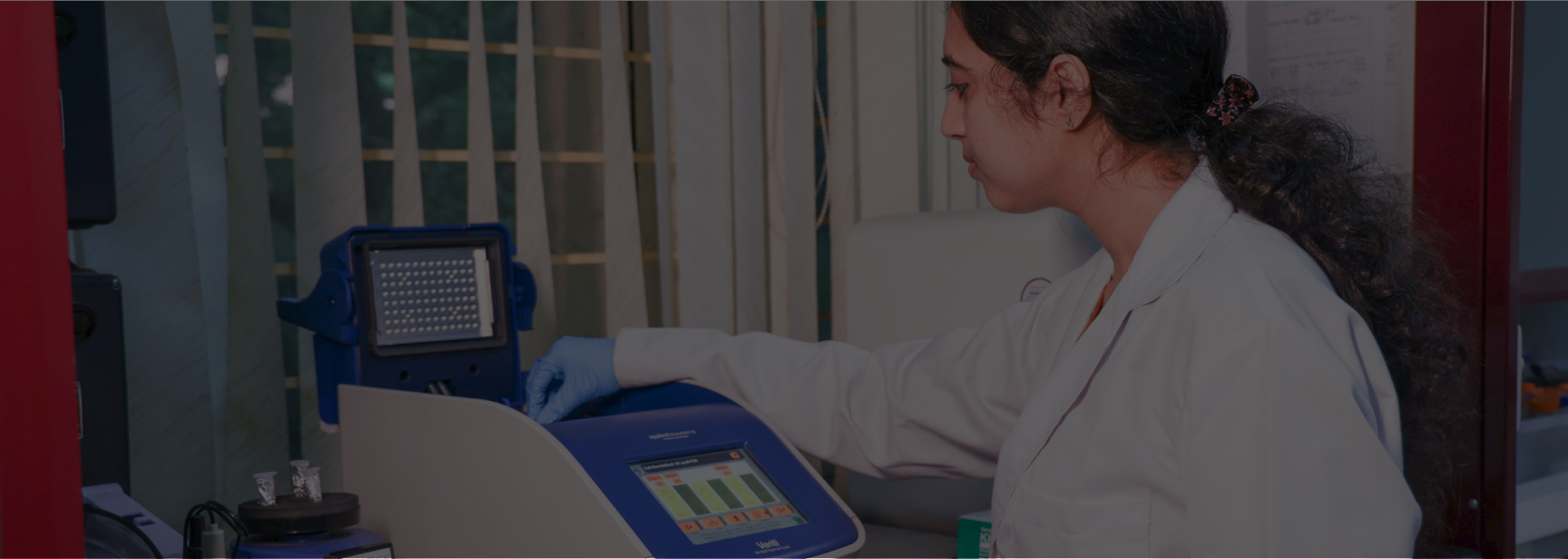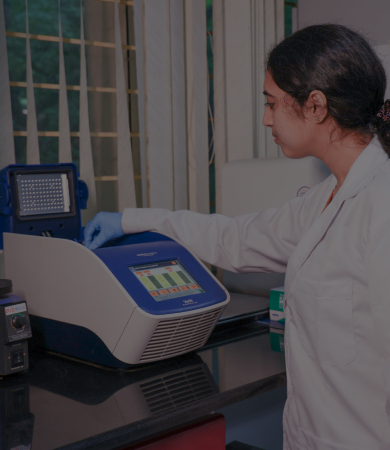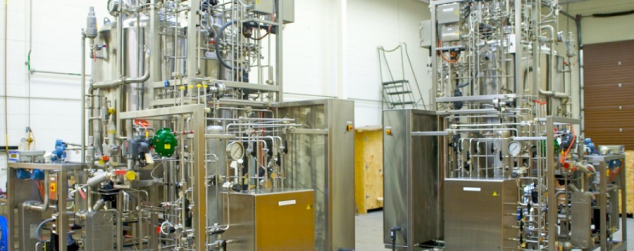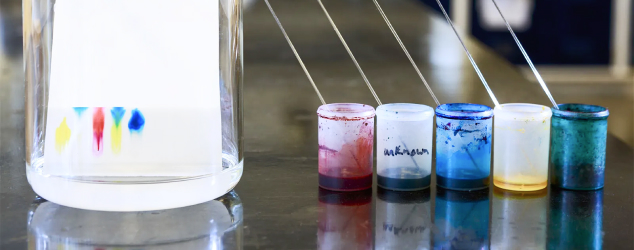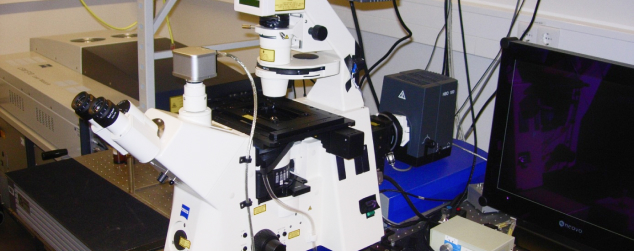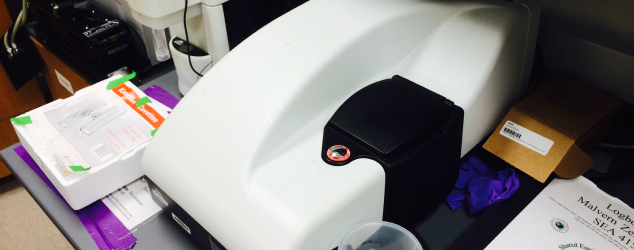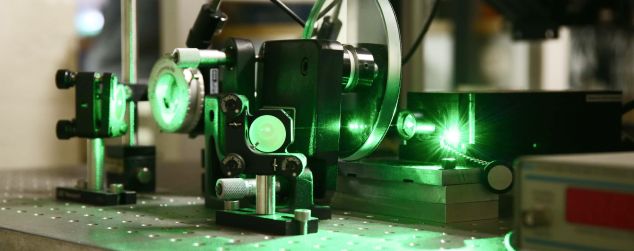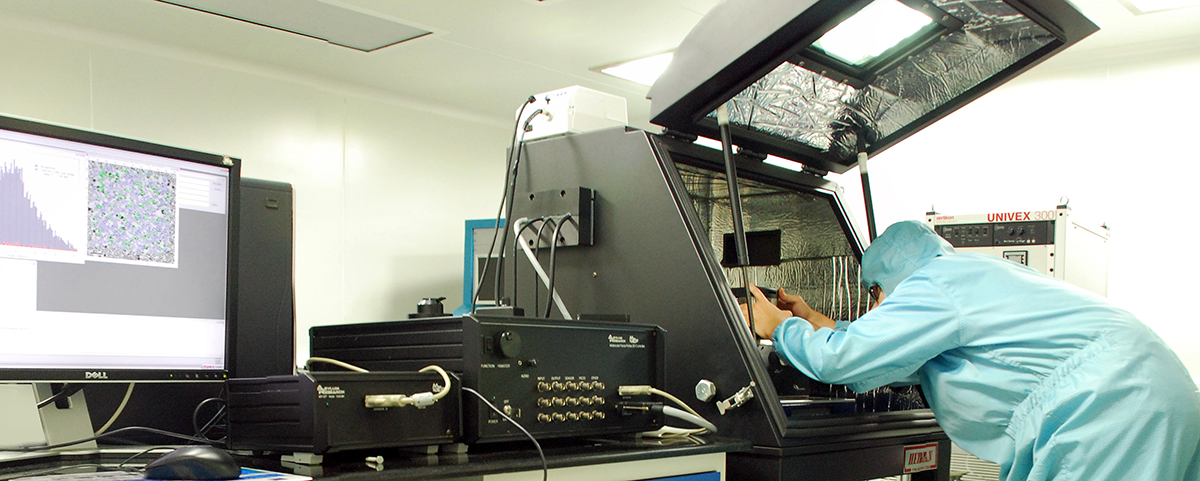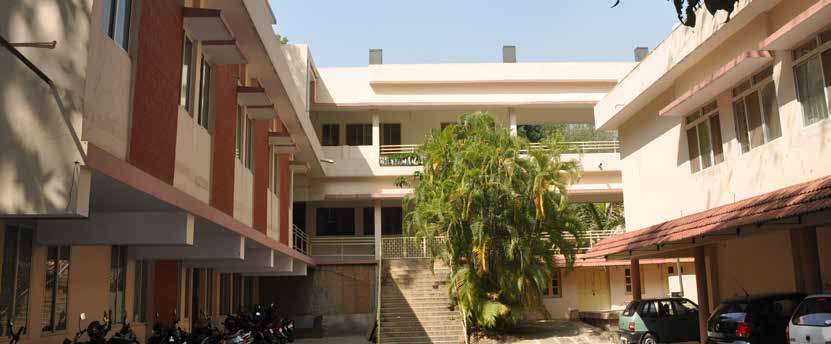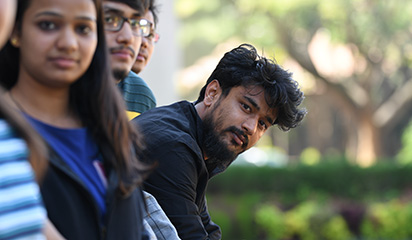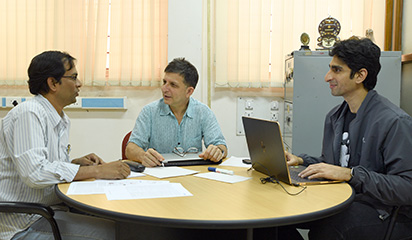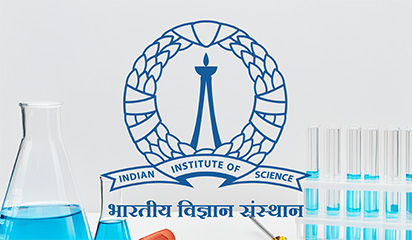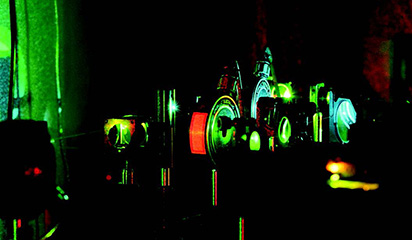Chemistry
- 1.10 General, physical and electrochemistry
- 1.20 Catalysis, adsorption, surface chemistry and colloids
- 1.30 Analytical, laboratory practice and techniques
- 1.40 Inorganic chemistry
- 1.50 Organic chemistry
- 1.60 Biological and physiological chemistry
- 1.70 Medical pharmaceutical chemistry
- 1.80 Thermodynamics and kinetics
- 1.90 Other branches
Chemical Engineering
- 2.10 Chemical Engineering general -1
- 2.20 Chemical plant design
- 2.30 Chemical Engineering economics
- 2.40 Refrigeration
- 2.50 Heat Transfer
- 2.60 Materials corrosion
- 2.70 Fluid dynamics
- 2.80 Nuclear chemical engineering
- 2.90 Biochemical engineering
- 3.10 Solid, fuel, coal, coke, lignite, peat, etc.
- 3.20 Liquid fuels and petroleum technology
- 3.30 Gaseous fuels and gases
- 3.40 Lubricants and lubrication
- 3.50 Combustion and furnaces
- 3.60 Fuels, standards, tests etc.
- 3.70 Air pollution, water pollution etc.
Organic Heavy Chemicals
- 4.10 General unit processes
- 4.20 Alcohol, alcohol products etc.
- 4.30 Petro chemicals
- 4.40 Coal chemicals
- 4.50 Solvents, general chlorine chemicals
- 4.60 Petroleum technology
- Textiles, raw materials, fiber, yarn, fabric etc.
Other Chemical Industries
- 7.10 Acids, alkalis, other heavy chemicals, non-metallic elements, etc.
- 7.20 Fertilizers, soil, agricultural poisons, etc.
- 7.30 Glass, ceramics, refractoriness, clays, etc.
- 7.40 Cement, building materials, insulation etc.
- 7.50 metallurgy, metals, etc.
- 7.60 Paints, pigments, varnishes, lacquers, ink.
- 7.70 Oils, fats, waxes, candles, soaps, glycerin, etc.
- 7.80 Essential oils, cosmetics, perfumes, etc.
- 7.90 Photographic Materials and processes
- 8.10 Explosives, matches, detectors, explosives, etc.
- 8.20 Plastics, resins, chemicals of war, war-like operations monomers and polymers
- 8.30 Leather, gelatin, adhesives, etc.
- 8.40 Glucose, cellulose compounds, pulp, paper, etc.
-
8.45 Wood products
8.50 Sugar, sugar chemicals, gums, starch products, etc. - 8.60 Fermentation industries, beverages, etc.
- 8.70 Foods, dairy products, etc.
- 8.80 Water, sewerage, sanitation, etc.
Allied Sciences
- 9.10 Mathematics
- 9.20 Physics
- 9.21 Atomics
- 9.30 Mechanical and structural engineering drawing
- 9.40 Electrical engineering
- 9.41 Instrumentation, computers, communication engineering etc.
- 9.50 Architecture, surveying civil engineering, etc.
- 9.60 Steam raising, internal combustion engineering, power plants, etc.
- 9.70 Geology, zoology, botany, other subjects etc.
- 9.80 Industrial administration, economics, statistics and legal
- 9.90 Languages
- 10.00 General and miscellaneous
- 10.10 General Physics
- 10.20 Nano chemistry
- 10.30 Fuel cells
Periodicals
- 0.10 Periodicals
- 0.20 Patents
- 0.30 Standards
- 0.40 Societies “Reports, Table of constants, specifications”
- 0.50 Dictionaries/Encyclopedia
Miscellaneous Items
- 0.60 Outlines and manuals
- 0.70 BIOS, CIOS, and other industrial reports
- 0.80 Other Forms
- 0.90 Trade literature, Miscellaneous, Catalogue
- 0.91 Products
- 0.92 Materials of construction
- 0.93 Equipment
- 0.94 Services
- 0.95 Instruments
